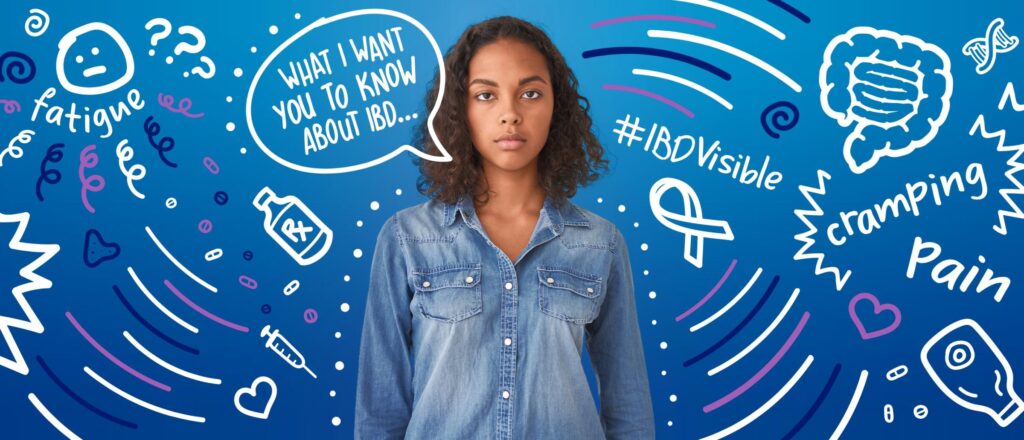Crohn’s disease and ulcerative colitis, the most common types of inflammatory bowel diseases (IBDs), are incurable, painful, and poorly understood conditions that impact approximately 1.6 million Americans, according to Good Day BIO.
Crohn’s disease “causes inflammation of your digestive tract, which can lead to abdominal pain, severe diarrhea, fatigue, weight loss and malnutrition,” according to the Mayo Clinic. Ulcerative colitis “causes inflammation and ulcers in your digestive tract.” Both diseases “can be debilitating and can sometimes lead to life-threatening complications.”
While there’s no cure (yet), if properly diagnosed, treatments are available to ease symptoms and improve the patient’s quality of life, explains Good Day BIO. Treatments include an innovative class of therapies called biologics.
“Biologics are antibodies created in the laboratory that stop certain proteins in the body from causing inflammation. Biologic therapies offer a distinct advantage in IBD treatment because their mechanisms of action are more precisely targeted to the factors responsible for IBD,” according to the Crohn’s and Colitis Foundation. “These therapies are targeted to particular proteins that have already been proven to be involved in IBD.”
Diagnosis can be difficult, because doctors can miss, or misdiagnose IBDs. Greater awareness is needed among medical professionals, and patients often struggle to get a diagnosis and treatment. This can be especially true for patients of color.
Chron’s and Colitis Awareness Week
Each year, Crohn’s and Colitis Awareness Week provides an opportunity to raise awareness among medical professionals and the general public, and to help IDB patients and their families learn more about how to handle the diseases. Held Dec. 1-7 every year since it was designated by a Senate resolution in 2011, Crohn’s and Colitis Awareness Week is an opportunity for “the IBD community to share what they want others to know about Crohn’s disease and ulcerative colitis.”




